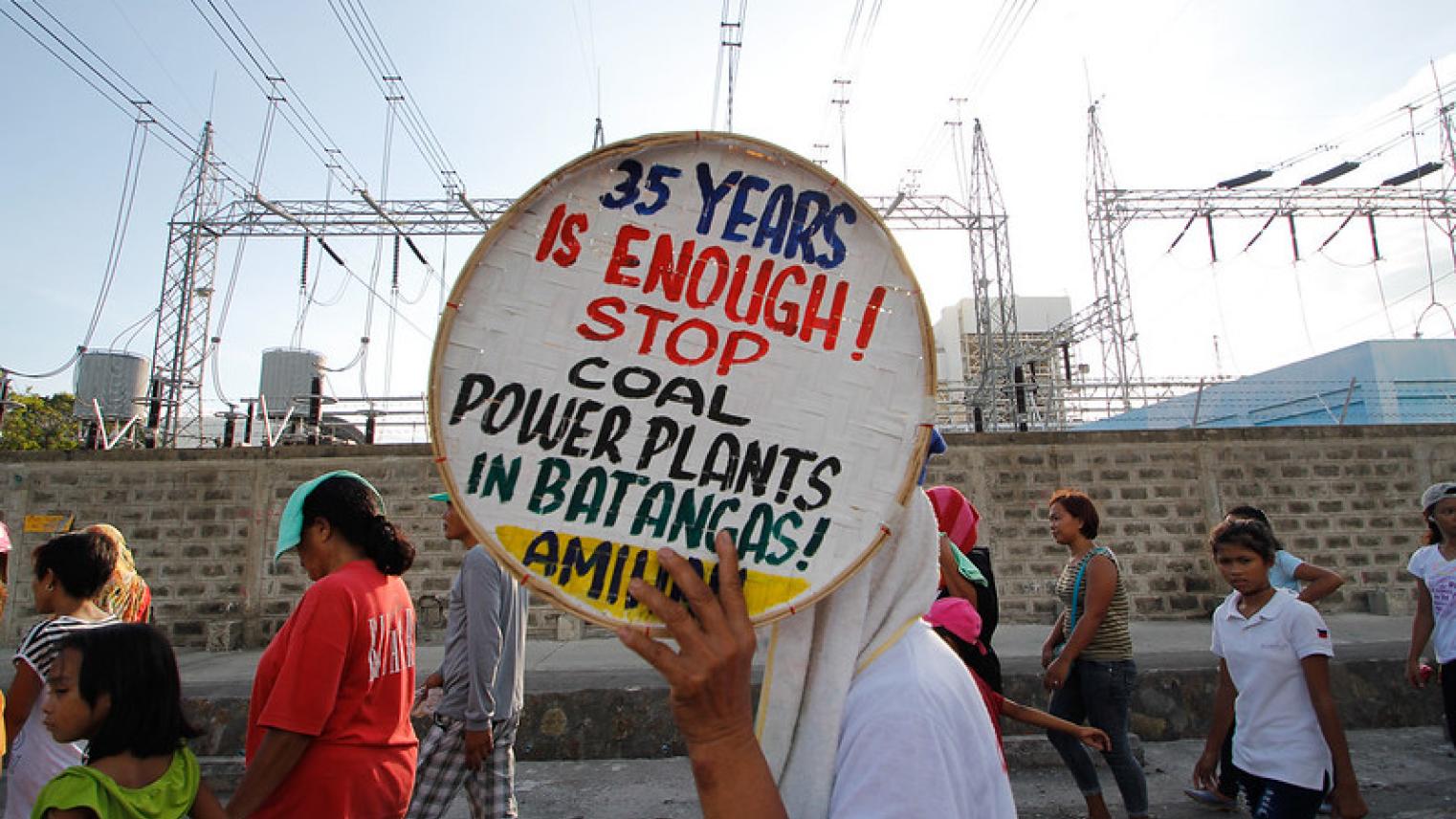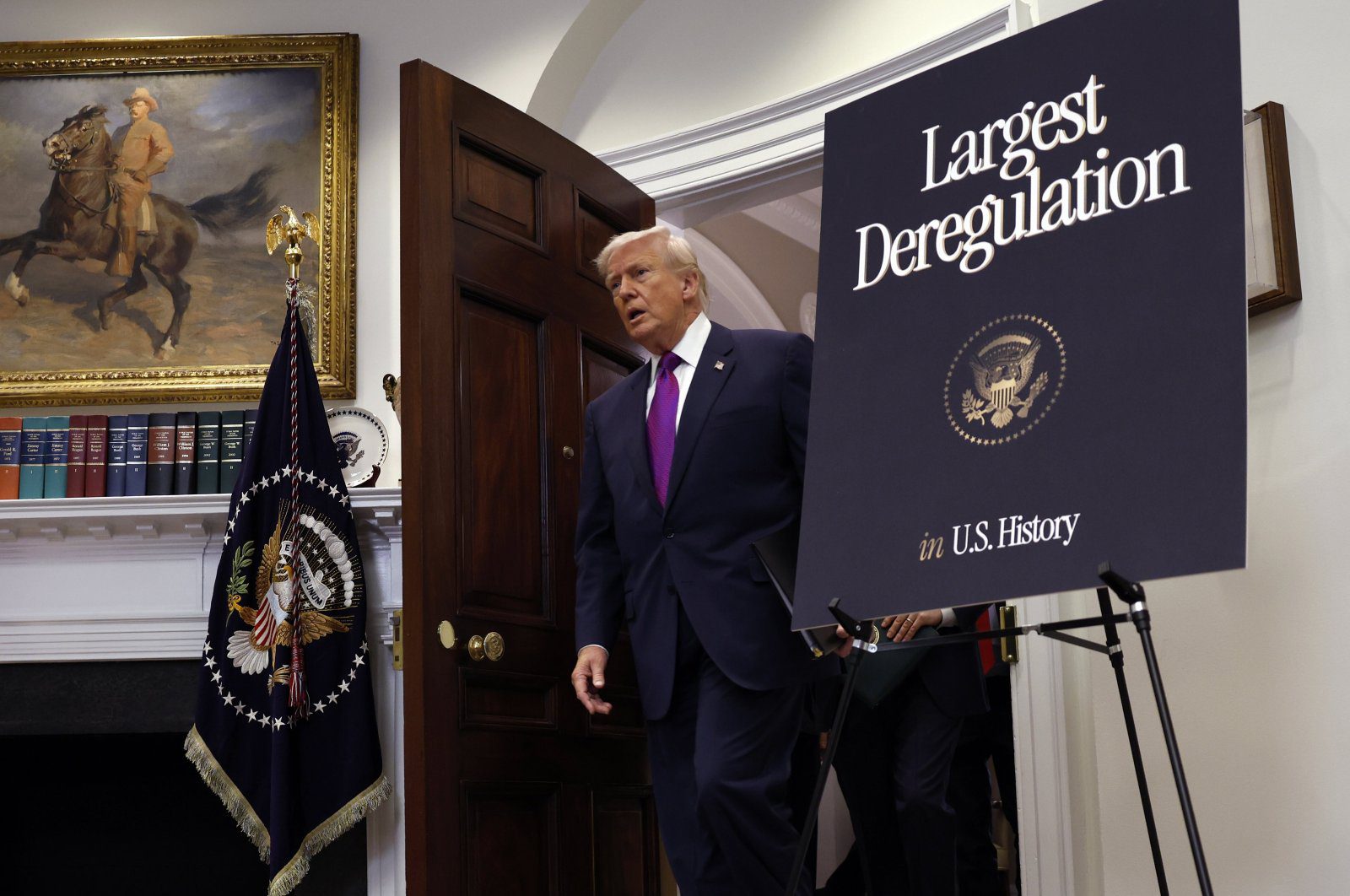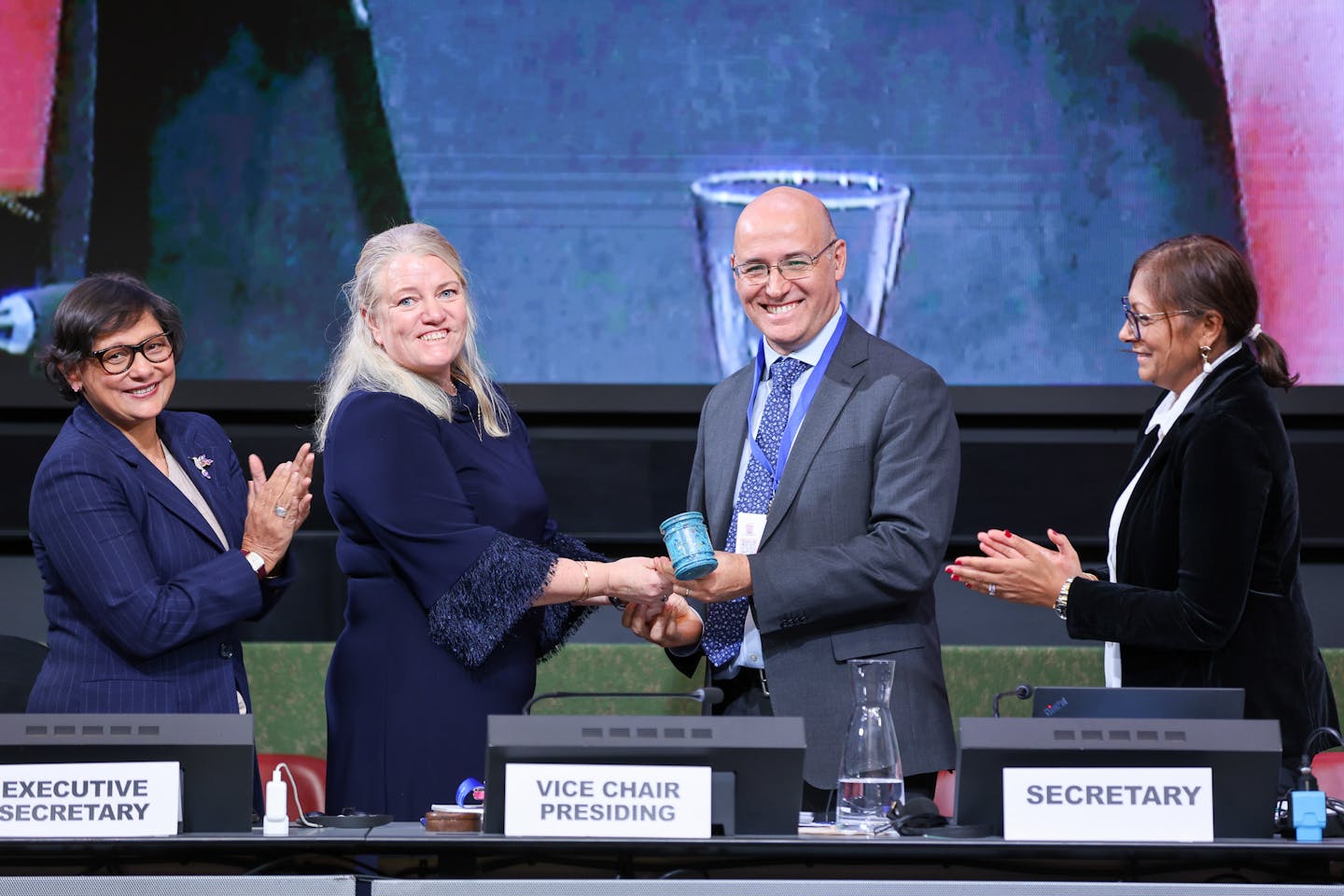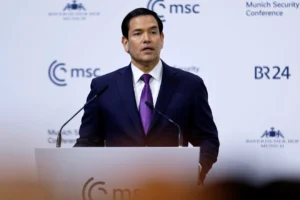- 93% of opposition to the Treaty comes from chemical and petrochemical sectors, advocating weaker regulations on plastic production.
- Consumer goods and retail sectors promote science-aligned solutions, including reducing harmful plastics and scaling reuse systems.
- InfluenceMap reveals global patterns of lobbying aimed at preserving fossil-fuel-based plastics under the guise of circular economy policies.
Plastics Industry Faces Criticism for Blocking UN Global Plastics Treaty
A new report by InfluenceMap highlights the fossil fuel and plastics industry’s strategic opposition to the UN Global Plastics Treaty, raising concerns about their influence on circular economy policies.
United States Senator Sheldon Whitehouse framed the issue sharply “The plastics/fossil fuel industry is trying hard to kneecap the UN Global Plastics Treaty, which is exactly why we have to mandate lobbying disclosure by industry representatives and implement rules around conflicts of interest.”
Chemical Sector’s Opposition to Science-Aligned Policies
InfluenceMap’s analysis of 311 corporate communications since March 2022 revealed that 93% of unsupportive statements about the Treaty came from chemical and petrochemical sectors, including major players like ExxonMobil, Dow Inc., BASF, and SABIC. These companies, along with industry associations like PlasticsEurope and the American Fuel and Petrochemical Manufacturers (AFPM), have pushed for recycling-focused measures while opposing reductions in harmful plastic production.
Despite these efforts, the chemical sector represents less than 20% of corporate engagement on the Treaty. Consumer goods and retail sectors, in contrast, have championed ambitious, science-aligned approaches, such as:
- Eliminating problematic plastics and chemicals of concern.
- Promoting better product design.
- Scaling reuse and refill systems.
Misalignment Between Corporate Actions and Public Statements
While companies like Chevron-Phillips, Shell, and TotalEnergies claim to support a circular economy, their lobbying efforts suggest otherwise. InfluenceMap found their advocacy to consistently undermine progressive, science-based regulations.
“The research finds that these entities consistently push narratives that frame plastic as environmentally friendly and essential for the energy transition,” InfluenceMap stated. These claims, however, contradict the IPCC’s scientific recommendations for reducing plastic use.
Cross-Sector Support for Progressive Policies
While the plastics industry’s lobbying casts a shadow over global policy progress, several cross-sector groups, including the Korea Chamber of Commerce and Industry (KCCI) and the Corporate Leaders Group (CLG), have consistently supported bold measures to address plastic waste.
Recommendations for Corporate Leadership
To counteract fossil fuel-backed lobbying, InfluenceMap’s findings emphasize the need for:
- Transparency in lobbying practices to reveal conflicts of interest.
- Stronger corporate leadership in advocating for science-aligned circular economy policies.
- Mandatory lobbying disclosures to curb bad-faith interference in climate and ocean protection initiatives.
As Senator Whitehouse warned, allowing unchecked industry influence risks derailing global efforts to combat plastic pollution and climate change.
Related Article: Betrayed: Cop29 Chief Filmed Promoting Fossil Fuel Deals

 Follow SDG News on LinkedIn
Follow SDG News on LinkedIn











